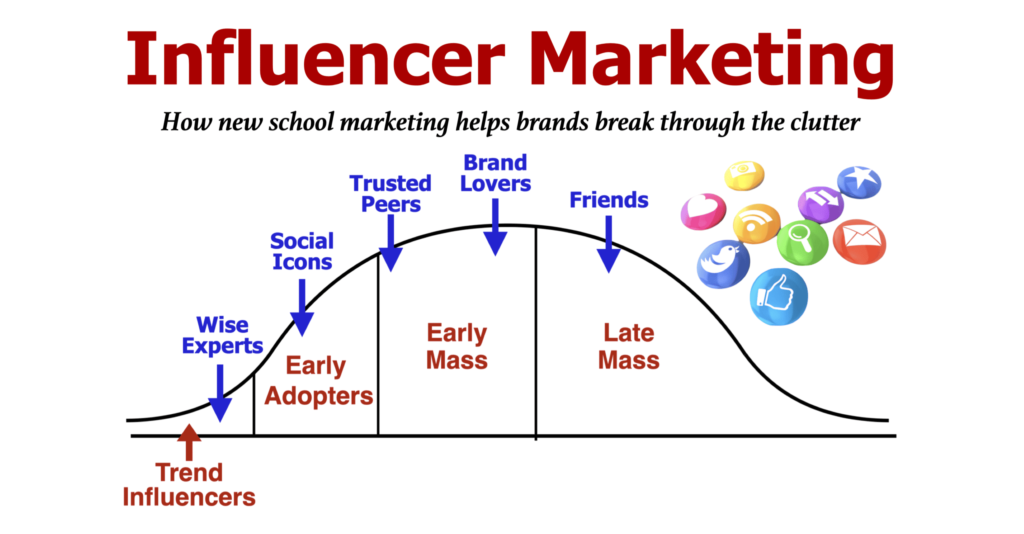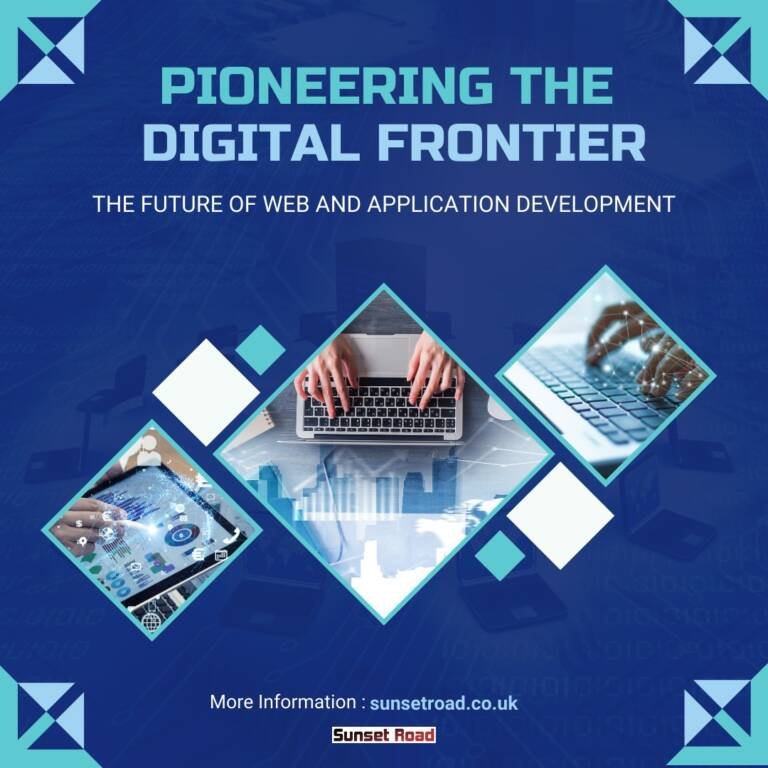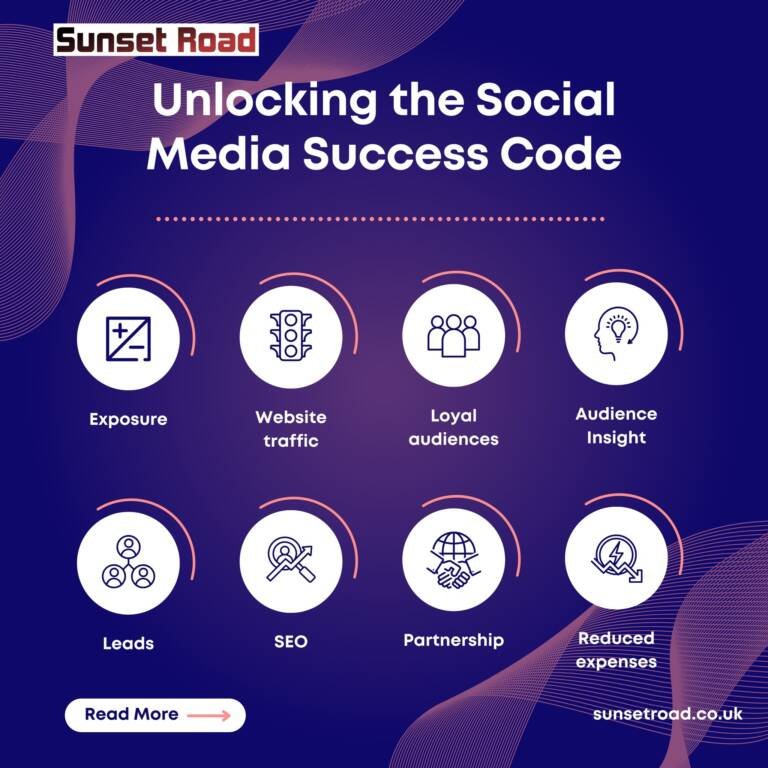Digital Marketing: Latest Trends to Boost Your Business
In the ever-evolving landscape of digital marketing, staying ahead of the curve is crucial for businesses aiming to thrive in a competitive market. The rapid advancements in technology and shifts in consumer behavior necessitate a keen understanding of the latest trends to harness their potential for business growth. This blog delves into the most impactful digital marketing trends, elucidating their significance with examples and case studies.
1. Artificial Intelligence and Machine Learning
Artificial intelligence (AI) and machine learning (ML) are revolutionizing digital marketing by enabling more personalized and efficient customer interactions. These technologies analyze vast amounts of data to uncover patterns and insights, allowing marketers to tailor their strategies to individual preferences and behaviors.
For instance, AI-powered chatbots enhance customer service by providing instant responses to queries, improving customer satisfaction and retention. Sephora, a global beauty retailer, utilizes an AI chatbot on Facebook Messenger to offer personalized product recommendations based on user preferences. This not only streamlines the shopping experience but also boosts sales by guiding customers to relevant products.
2. Voice Search Optimization
Voice search is gaining traction with the proliferation of smart speakers and virtual assistants like Amazon’s Alexa, Google Assistant, and Apple’s Siri. Optimizing content for voice search involves understanding natural language and user intent, which differs from traditional text-based searches.
A prime example of effective voice search optimization is Domino’s Pizza. The company integrated voice search functionality into its app, allowing customers to place orders using voice commands. This innovation not only simplifies the ordering process but also caters to the growing number of consumers using voice-activated devices.
3. Video Marketing

Video content continues to dominate digital marketing due to its ability to engage and entertain audiences. Platforms like YouTube, TikTok, and Instagram Reels have become essential for brands to connect with their target audience through visually compelling content.
A notable case study is Nike’s use of video marketing to promote its “Dream Crazy” campaign, featuring athlete Colin Kaepernick. The emotionally charged video went viral, garnering millions of views and sparking widespread conversation. This campaign not only boosted Nike’s brand awareness but also reinforced its commitment to social issues, resonating deeply with its audience.
4. Influencer Marketing

Influencer marketing leverages the reach and credibility of social media influencers to promote products and services. By partnering with influencers who align with their brand values, companies can tap into niche audiences and build authentic connections.
A successful example is the collaboration between Daniel Wellington, a Swedish watch brand, and numerous influencers on Instagram. By gifting watches to influencers and encouraging them to share their experiences, Daniel Wellington generated a massive amount of user-generated content. This strategy significantly increased brand visibility and drove sales, demonstrating the power of influencer marketing.
5. Content Personalization
Personalized content is essential in delivering relevant messages that resonate with individual consumers. Advanced analytics and data segmentation allow marketers to create tailored experiences based on user behavior, preferences, and demographics.Amazon excels in content personalization by utilizing recommendation algorithms that suggest products based on browsing history and previous purchases. This personalized approach not only enhances the shopping experience but also drives repeat purchases, as customers are more likely to find products that meet their needs.
6. Social Commerce
Social commerce integrates e-commerce functionalities within social media platforms, enabling users to shop directly from their favorite apps. This trend capitalizes on the seamless blend of social interaction and online shopping, creating a convenient and engaging experience.A compelling case study is the success of Instagram Shopping. Brands can tag products in their posts and stories, allowing users to click and purchase without leaving the app. Fashion retailer Zara has effectively utilized this feature, resulting in increased sales and a more immersive shopping experience for its followers.
7. Augmented Reality (AR) Experiences
Augmented reality (AR) is transforming the way consumers interact with products by overlaying digital information onto the physical world. This technology enhances the shopping experience by allowing customers to visualize products in real-time.IKEA’s AR app, IKEA Place, is a standout example. The app enables users to virtually place furniture in their homes to see how it fits and looks before making a purchase. This interactive experience not only reduces the uncertainty of online shopping but also boosts customer confidence and satisfaction.
8. User-Generated Content (UGC)
User-generated content (UGC) involves leveraging content created by customers, such as reviews, photos, and videos, to build trust and authenticity. UGC not only engages existing customers but also attracts new ones through genuine endorsements. GoPro effectively harnesses UGC by encouraging users to share their action-packed videos and photos captured with GoPro cameras. These user submissions are featured on GoPro’s social media channels and website, showcasing the product’s capabilities and inspiring potential customers. This strategy has significantly contributed to GoPro’s brand loyalty and community engagement.
9. Interactive Content
Interactive content, such as quizzes, polls, and surveys, actively engages users by encouraging participation and providing personalized outcomes. This type of content not only captures attention but also gathers valuable data on user preferences.BuzzFeed’s quizzes are a prime example of successful interactive content. These quizzes attract millions of users who eagerly share their results on social media, driving traffic to BuzzFeed’s site and increasing ad revenue. The personalized nature of the quizzes fosters a sense of connection and fun, making them highly shareable.
10. Sustainability and Social Responsibility
Consumers are increasingly prioritizing sustainability and social responsibility when choosing brands to support. Companies that demonstrate a commitment to environmental and social causes can build stronger connections with their audience.Patagonia, an outdoor apparel brand, has built its marketing strategy around sustainability. The company’s “Don’t Buy This Jacket” campaign encouraged consumers to reconsider their consumption habits and highlighted Patagonia’s dedication to environmental conservation. This bold approach not only resonated with eco-conscious consumers but also reinforced Patagonia’s brand identity as a leader in sustainability.
11. Ephemeral Content
Ephemeral content, which disappears after a short period, creates a sense of urgency and exclusivity. Platforms like Snapchat, Instagram Stories, and Facebook Stories have popularized this trend, allowing brands to share time-sensitive content that encourages immediate engagement.An effective use of ephemeral content is seen in Starbucks’ Instagram Stories. The coffee giant shares limited-time offers, behind-the-scenes footage, and interactive polls to keep followers engaged and informed. This approach fosters a sense of community and encourages frequent interactions, strengthening brand loyalty.
12. Data Privacy and Security
With growing concerns about data privacy, businesses must prioritize transparent and ethical data practices. Compliance with regulations like the General Data Protection Regulation (GDPR) and the California Consumer Privacy Act (CCPA) is essential to maintain customer trust. Apple’s “Privacy. That’s iPhone.” campaign underscores the company’s commitment to user privacy. By emphasizing its stringent data protection measures, Apple differentiates itself in a market with prevalent data breaches and privacy concerns. This focus on privacy enhances customer trust and positions Apple as a leader in digital ethics.
Conclusion
The latest trends in digital marketing offer exciting opportunities for businesses to enhance their strategies and achieve growth. By leveraging AI and machine learning, optimizing for voice search, embracing video marketing, and harnessing the power of influencers, companies can create more personalized and engaging experiences. Integrating social commerce, augmented reality, and user-generated content further amplifies these efforts, while interactive content and a focus on sustainability and data privacy build stronger connections with consumers. Staying abreast of these trends and implementing them thoughtfully can propel businesses to new heights in the digital age.












